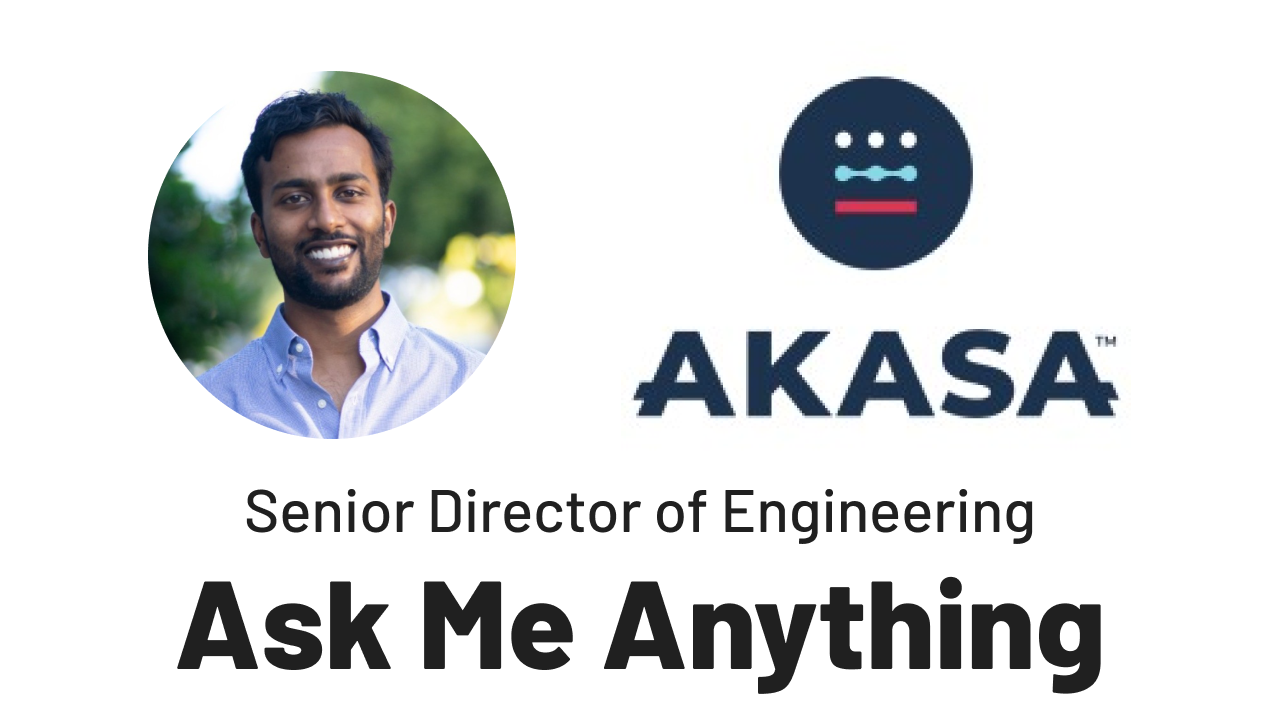
Tech Lead Q&A and Videos
About Tech Lead
Becoming a tech lead is the most common growth path for software engineers as they grow to senior and staff levels.
Learn About Tech Lead
A tech lead is a senior member of a software development team who not only has strong technical skills but also takes on a leadership role. Unlike a traditional manager, a tech lead focuses on guiding the technical direction of a project, ensuring alignment with business goals and fostering collaboration among team members. The role demands a delicate balance between technical proficiency and effective leadership.
One of the primary responsibilities of a tech lead is to provide technical guidance to the team. This involves making high-level technical decisions, ensuring the adoption of best practices, and overseeing the implementation of solutions that align with the project’s requirements.
A tech lead has a crucial role in fostering collaboration within the team. This involves facilitating effective communication, resolving conflicts, and promoting a positive team culture. A tech lead creates an environment where team members can share ideas and work together seamlessly.
They aren’t typically regarded as project managers, but tech leads are often involved in project management. This includes task allocation, timeline management, and ensuring that the team can meet all of a project’s milestones. Balancing technical objectives with project goals is one of the key responsibilities of a tech lead.
A tech lead has a responsibility to mentor their team members. They should guide junior software engineers with knowledge that they have gained during their career as a software engineer. They should be providing constructive feedback and creating opportunities for getting their team members promoted.
A skilled tech lead will influence the success of a project. Their technical abilities and leadership contribute to efficient project execution and ensure that a team delivers high quality software within an established timeline.
A deep understanding of an organization’s business goals, technical understanding behind a team’s stack, and a broad knowledge of the system architecture is essential to becoming a tech lead. They must constantly be aware of what is happening on their team as well as adjacent teams. They must also have a proven track record of success.
The impact of a tech lead extends beyond just coding. Their role is significant in driving the success of projects and teams. They are able to build software with a business context in mind. They know how to structure a project in a way to reduce risk and increase confidence in the project. Taro contains resources that can help you to become a more effective tech lead.
Show more
Copyright © Taro
![Nail Your Promotion As A Software Engineer [Part 1] - How This Course Works](/_next/image/?url=https%3A%2F%2Ffirebasestorage.googleapis.com%2Fv0%2Fb%2Ftech-career-growth.appspot.com%2Fo%2Fthumbnails%252F1712770760-Screenshot%25202024-04-10%2520at%252010.38.36%25E2%2580%25AFAM.png%3Falt%3Dmedia%26token%3D39058c2f-46e1-4f15-9eef-334bdbb7bf8e&w=1920&q=75)
![Level Up Your Code Quality As A Software Engineer [Part 14] - How To Handle Migrations](/_next/image/?url=https%3A%2F%2Ffirebasestorage.googleapis.com%2Fv0%2Fb%2Ftech-career-growth.appspot.com%2Fo%2Fthumbnails%252F1708221934-Screenshot%25202024-02-17%2520at%25206.04.48%25E2%2580%25AFPM.png%3Falt%3Dmedia%26token%3Dd136a94a-80b5-45da-b4c4-801c5fe10b05&w=1920&q=75)

